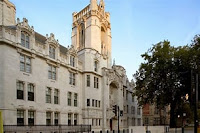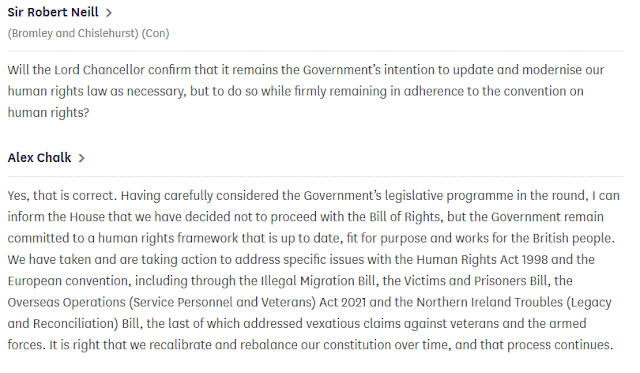Due to the age of the defendants, an order has been in place throughout the proceedings under section 45 of the Youth Justice and Criminal Evidence Act 1999 (“the Act”) restricting publication of any information that would be likely to identify them as the defendants in these proceedings.
This Order remains in force but the judge - Mrs Justice Yip - has decided that X and Y will be named but not until the sentencing hearing when the judge will give clarity as to the point at which the restrictions cease to apply.
The reasons for the decision are set out at R-v-X-and-Y-Ruling-on-reporting-restrictions.pdf (judiciary.uk)
Youth Justice and Criminal Evidence Act 1999 (legislation.gov.uk)
For the principles of law involved see the Court of Appeal (Criminal Division) decision in KL v R. [2021] EWCA Crim 200 (19 February 2021) (bailii.org)
2 February 2024 - Sentencing:
R -v- Scarlett Jenkinson and Eddie Ratcliffe - Courts and Tribunals Judiciary






































